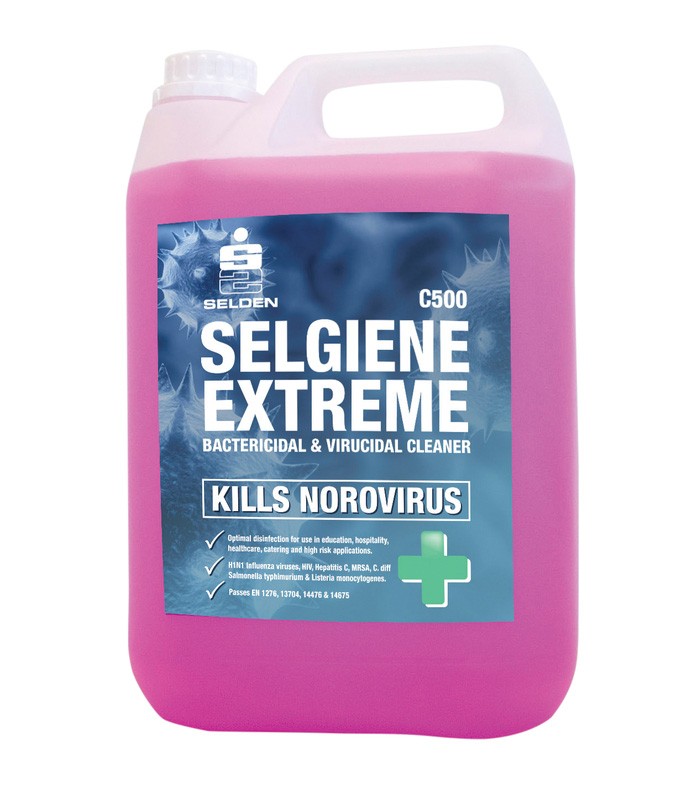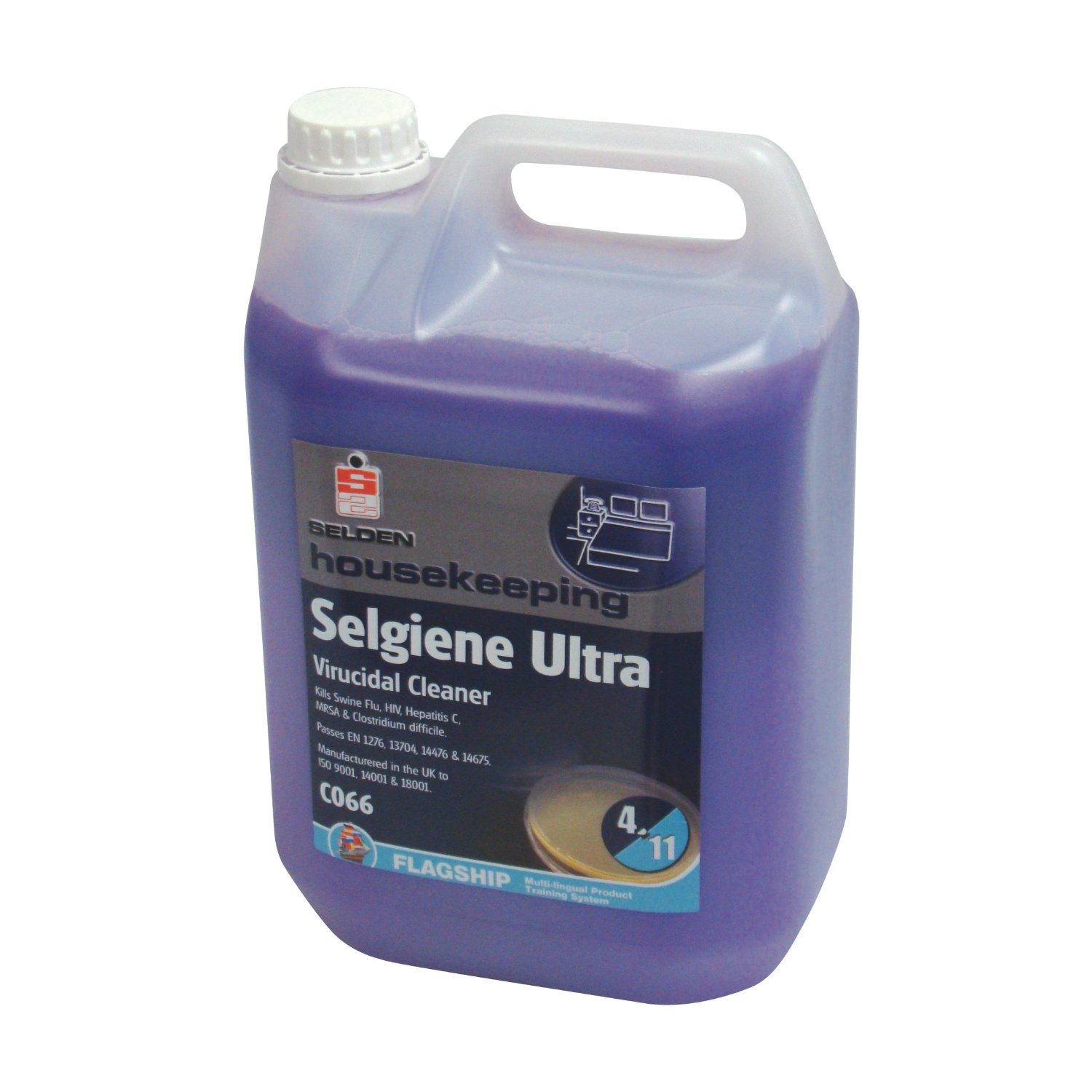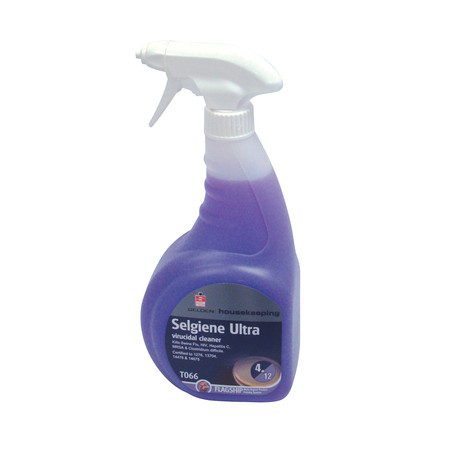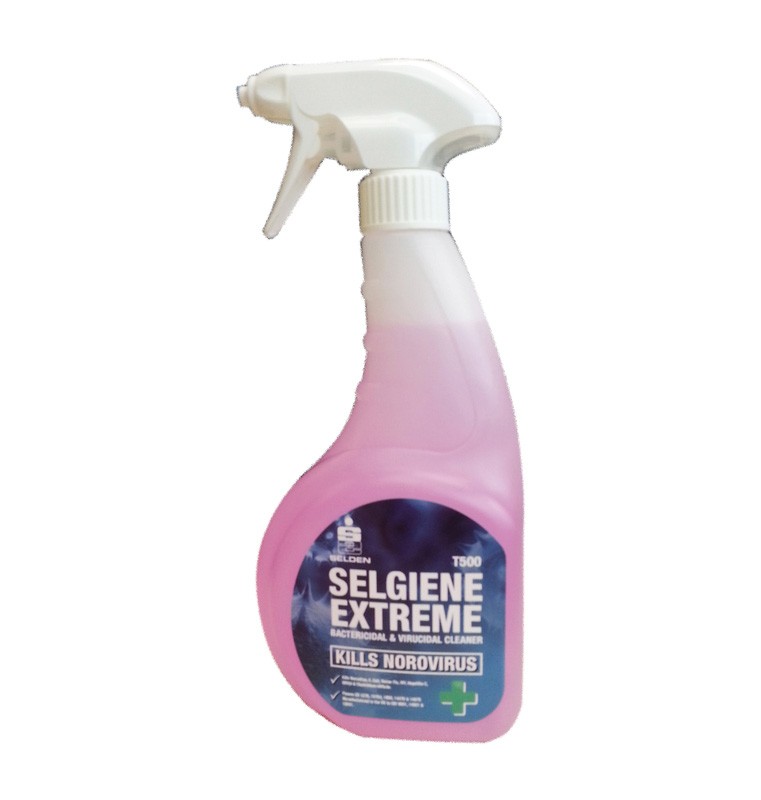Coronavirus Policy
Andway Healthcare are committed to protecting our staff, clients and community and are working closely with all
parties to minimise infection risks to provide help and advice on suitable products and practices.
At the time of writing, we have no concerns about an outbreak occurring at our offices, and we have had no confirmed
or suspected cases amongst any of our team. However, it is important that we are fully prepared in case the situation
in the UK worsens. As well as reinforcing good hygiene practices throughout the company, we have taken the
following measures: -
We are working with our team to ensure business continuity should anyone need to self-isolate or becomes
unwell.
Telephone, email order and advice services will remain open as usual throughout any isolation period.
We have asked all our field-based staff to immediately report any flu-like symptoms, and where appropriate
we will send them home.
There will be no business-related travel to hot-spot areas, and any staff returning from holidays will be
assessed before returning to work.
We are actively working with any suppliers based in hot-spot areas to ensure continuity of supply, which has so far
proved effective. We are also assured by the authorities that there is no health risk from imported goods originating in
hot spot areas due to the nature of transmission of the virus.
Andway Hygiene Policy
As an organisation we are committed to doing our utmost to help prevent the risk of infection and to reduce the spread
of infection as much as we can. We are following and will continue to follow the WHO and PHE guidelines.
Andway staff hand sanitiser use: Andway Delivery Drivers, Service Engineers and Sales Representatives are
now provided with hand sanitiser for use between each client contact.
We strongly advise our external based teams minimise contact with residents and your staff. We
recommend you allocate a single member of staff to accept and sign for the deliveries to minimise risks.
Drop-off delivery only option: if you would prefer your goods to be left outside your premises to further
reduce the risk of infection please advise us at point of order.
Sales visit option: please advise if you would prefer to meet virtually using Microsoft teams, skype or zoom.
Case notification
We undertake to advise you if any members of the Andway Team have encountered or have the virus or are selfisolating.
In return we ask you notify us immediately if you have any confirmed or reported cases of COVID-19 in your care home
or organisation.
Courier update
We are working closely with our couriers and other transport companies and will advise accordingly should they make
any procedural changes.
Thank You,
The Andway Healthcare Team






